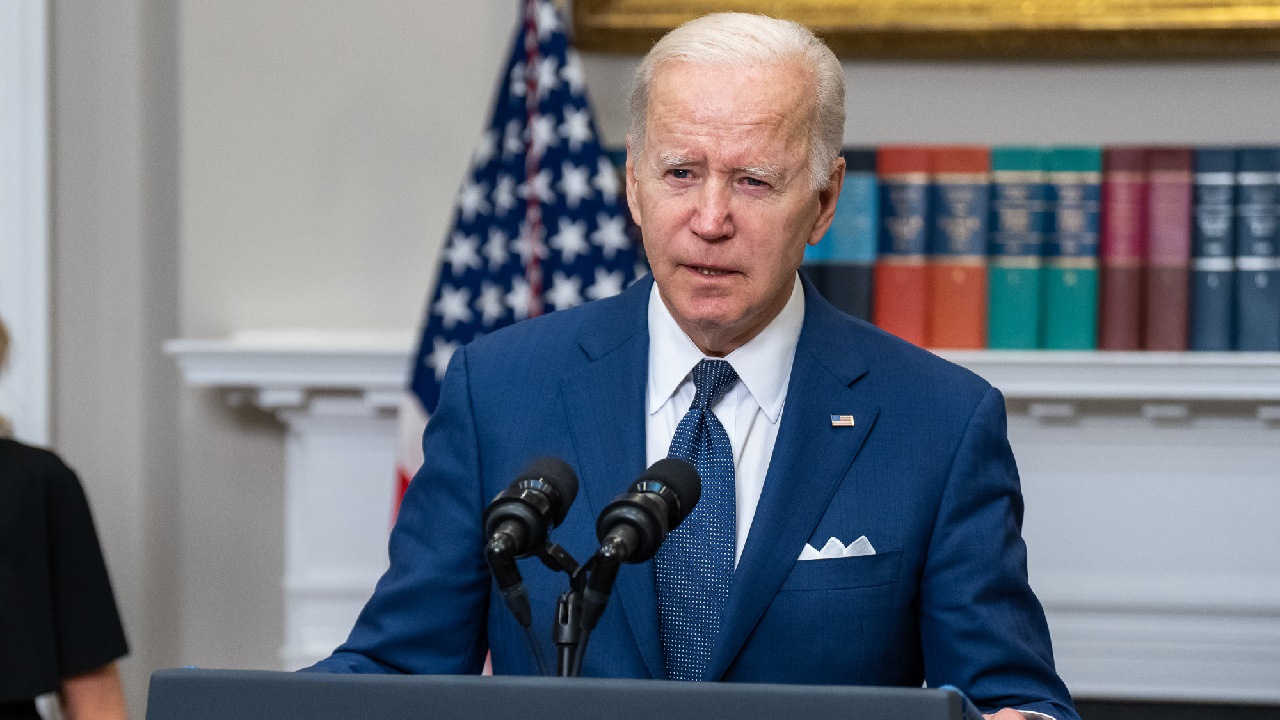In 1992, as Azerbaijan proceeded with ethnic cleansing of Armenians, Congress inserted wording into the Freedom Support Act to prohibit aid or assistance to Azerbaijan. “Assistance…may not be provided to the Government of Azerbaijan until the President determines, and so reports to the Congress, that the Government of Azerbaijan is taking demonstrable steps to cease all blockades and other offensive uses of force against Armenia and Nagorno-Karabakh,” Section 907 read.
Then in the aftermath of the September 11, 2001 terror attacks, President George W. Bush declared, “Either you are with us, or you are with the terrorists.” Azerbaijan saw an opportunity and declared itself with the United States.
Baku would help the United States in its war against terror, but in exchange, it needed Section 907 waived. Congress complied and inserted language allowing a president to waive Section 907 if he determines it “is necessary to support United States efforts to counter international terrorism” or “necessary to support the operational readiness of United States Armed Forces or coalition partners to counter international terrorism,” and if he deems the measure “important to Azerbaijan’s border security” and assesses that it “will not undermine or hamper ongoing efforts to negotiate a peaceful settlement between Armenia and Azerbaijan or be used for offensive purposes against Armenia.”
The last point is crucial. Its language does not make the condition optional.
For Azerbaijan, it was a good bargain. For a token investment of fewer than two dozen men, they received hundreds of millions of dollars in assistance, most of which was military. That military assistance helped fuel the 2020 Nagorno-Karabakh War.
In the years since, the Biden administration has continued the waiver. Privately, Biden aides say the waiver is necessary to Ukraine’s fight against Russia. Presumably, the United States seeks Azerbaijan’s assistance in the same way it has worked with Cyprus and Central and Eastern European states. The Pentagon and the State Department asks them to send older, Soviet- or Russian-manufactured arms to Ukraine. In exchange, the United States will backfill their stocks with newer, Western-manufactured systems. For the United States, it is a win-win. Ukraine gets arms, U.S. manufacturers get business, and the United States broadens the interoperability of its allies.
The problem is twofold: First, the scheme violates U.S. law. Azerbaijani President Ilham Aliyev’s rhetoric and action show that he is not serious about a peaceful settlement between Armenia and Azerbaijan. Last week, I visited Jermuk, an Armenian town famous for its natural hot springs, eco-tourism, and ski resort. The resort is closed today. In September 2022, Azerbaijani forces attacked the town with rockets, knocking out the ski lifts and damaging several homes, hotels, and apartment buildings. I walked through the area, and the twisted remains of BM-21 Grad rockets are still evident. Much of the surrounding forest is off-limits because of the threat of unexploded ordnance.
Jermuk is solely a civilian town, and it sits well within Armenia’s recognized borders. The damage I saw was not collateral. Attacking Armenia’s economic infrastructure and signaling Azerbaijan’s territorial ambitions was the point. The chaser is that Azerbaijani forces are still occupying land nearby. We drove within the border of Armenia, but were stopped by a reconnaissance patrol because an Azerbaijani outpost on Armenian land was tracking our jeep. Azerbaijan can build and arm such posts in part because the State Department last year waived 907.
Nor is the problem only at Jermuk. I continued on to Nerzin Khndzoresk, a small agricultural village also within Armenia proper. The Armenians have a small border post, basically a glorified farm house. A few hundred meters away and visible through binoculars, Azerbaijan has built a fortified post with missile launchers, sophisticated radar, a helipad, and accommodation for several dozen troops.
Azerbaijan has also built two new airports, with two additional airfields under construction. After the 2020 war, Azerbaijan built airports at Fuzuli, not far from the Iranian frontier, and Zangilan, along the border with Armenia. In addition, Azerbaijan has said that it will build another airport at Lachin, the center of the corridor between Armenia and Armenian-populated Nagorno-Karabakh that Azerbaijan now illegally blocks. While it describes each as an international airport and promises civilian flights, each is built to military specifications and neither have scheduled civilian flights. Azerbaijan can channel any aid Blinken allows to prepare in plain sight for a new war against Armenia proper.
Congress should say that enough is enough. Rather than signal a waiver because Aliyev promised Biden he would assist Ukraine, they should base policy on reality. Aliyev’s rhetoric is genocidal. He sees current peace talks as an asymmetric warfare strategy meant to deceive and paralyze until he is ready. Azerbaijan, meanwhile, builds up military infrastructure aimed at Armenia proper. It treats the United States collectively as a useful idiot. Americans should not stand for it.
Now a 1945 Contributing Editor, Dr. Michael Rubin is a Senior Fellow at the American Enterprise Institute (AEI). Dr. Rubin is the author, coauthor, and coeditor of several books exploring diplomacy, Iranian history, Arab culture, Kurdish studies, and Shi’ite politics, including “Seven Pillars: What Really Causes Instability in the Middle East?” (AEI Press, 2019); “Kurdistan Rising” (AEI Press, 2016); “Dancing with the Devil: The Perils of Engaging Rogue Regimes” (Encounter Books, 2014); and “Eternal Iran: Continuity and Chaos” (Palgrave, 2005).

